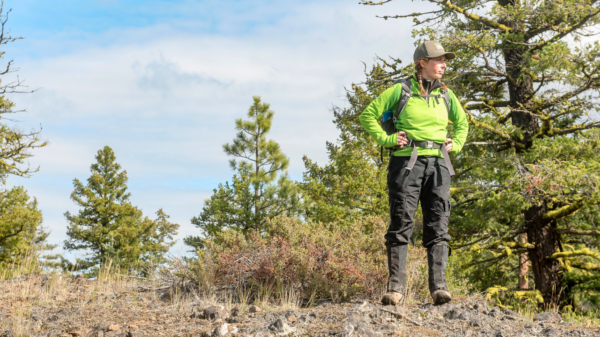After gathering and learning from Indigenous and underrepresented communities, Health Canada has identified five main barriers for diverse populations to get a cannabis business license.
To identify the barriers, the government of Canada held a Diversity, Equity and Inclusion forum on January 26-27 where external industry experts and racialized communities participated in an open conversation to reach conclusions and learn about the barriers that hamper diverse applicants to join in the industry.
On Tuesday, the agency sent an email to media and forum participants to provide a “what we heard” summary of the forum and found that the main systemic barriers to diversity in the cannabis industry include deficits in data reporting, lack of dedicated resources, lack of proper communications and engagement, stigma and lack of affordability.
During the forum, attendees and speakers made suggestions for actions to improve opportunities for people from Indigenous and racialized communities to become licensed, grow their businesses and improve their capacity to meet Health Canada’s regulatory requirements.
“The feedback received was invaluable, and we would like to thank everyone who took the time to meet with us or provided their input through the online survey,” reads Health Canada’s statement.
“While the conversations may have been difficult at times, we appreciate the open, honest, and respectful discussions and input shared throughout the forum. We also want participants to know that we heard your comments.”
The agency added that there were also some barriers identified which didn’t fall within the agency’s mandate such as excise tax, insurance, loans and grants among others.
Read more: Health Canada to host diversity forum for cannabis licensing
Read more: Canada’s cannabis health product advisory committee lacks ethnic and professional diversity
The agency found that with regards to data reporting, attendees highlighted a need to recurrently monitor diversity statistics, provide evidence on licensing obstacles, as well as the need to provide evidence on government initiatives to improve the licensing process and support individuals experiencing barriers.
The “what we heard” summary also identified that by developing dedicated diversity programs, individuals from racialized and underrepresented communities would be benefitted greatly.
This would involve the creation of dedicated pathways for individuals from racialized groups to receive support, to build programs resourced to improve their business practices to meet regulatory requirements as well as build relationships with educational institutions that offer cannabis-related programs.
Read more: Health Canada to authorize sales for all cannabis processing licensees
Read more: Inspections spike for personal medical licensees: Health Canada report
As for the barriers in licensing identified, the agency outlined that improvements in the process include receiving information from Health Canada in a timely fashion, developing culturally competent communication support for applicants such as cultural training to licensing staff as well as awareness and knowledge of sociocultural factors.
Given that there is still stigma towards Indigenous and racialized communities that use weed, the agency suggested that public education can help shift attitudes.
“There should be continued efforts to inform the public regarding cannabis as a legal product and a legitimate industry,” wrote the agency.
Finally, the agency identified that wealth inequality excludes many individuals from applying to licences with challenges to access financing being the most significant barrier for diverse populations.
Health Canada says the barrier could be addressed by providing access to information on financial resources that support licensing pathways and by building industry networks for potential applicants and licence holders to connect and share information such as personal experiences.














